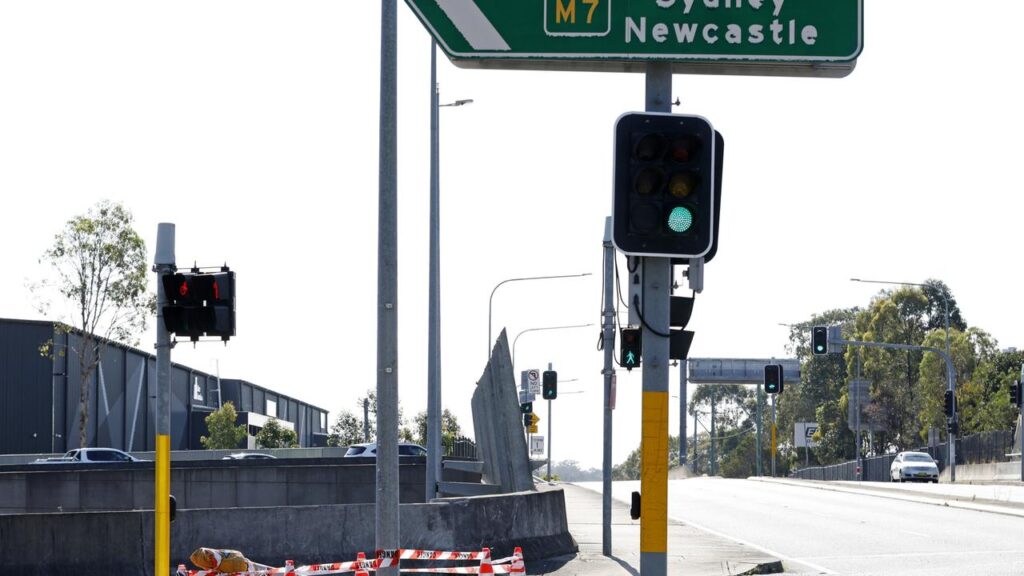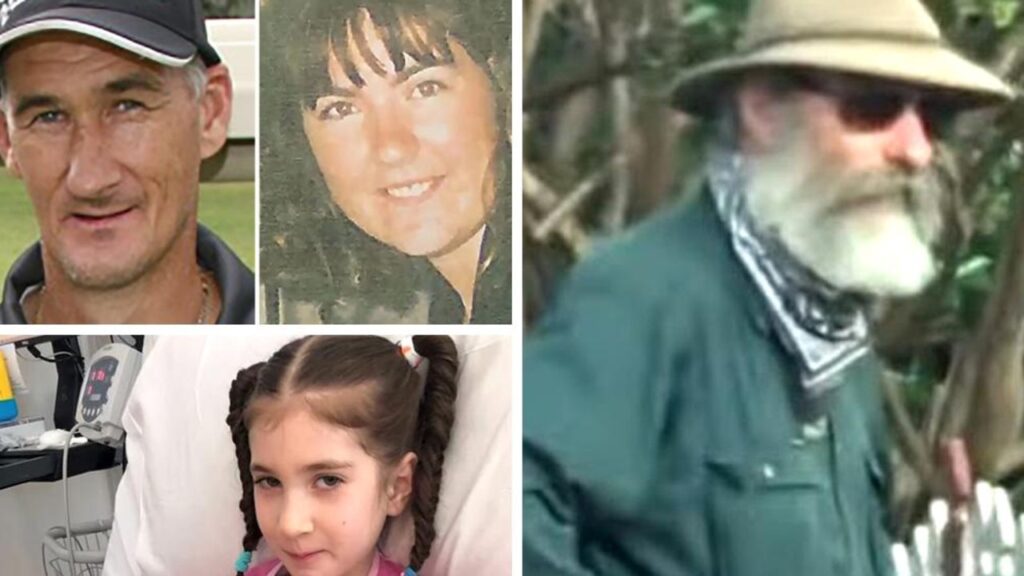‘Can’t do this in Australia’: Mum’s betrayal
Written by admin on July 23, 2024
A woman who coerced her daughter into an arranged marriage that ended with the husband murdering the bride could be jailed for the act, a court has heard.
Sanika Muhammad Jan, 48 of Shepparton, faced the Melbourne County Court on Tuesday.
In May, a jury found Jan guilty of coercing her daughter Ruqia Haidari, 21, into marrying Perth man Mohammad Ali Halimi in November 2019.
A criminal case of coercion into marriage is unprecedented in Australia because of relatively new federal laws banning the practice and the underground nature of such arrangements.
On Tuesday, the court was told Jan was wed in an arrangement when she was about 13 years old in Afghanistan. She had five children and never went to school.
Her husband was murdered by the Taliban, and the family fled, spending 13 years in a refugee settlement in Pakistan. They settled in Australia in 2013.
Defence lawyer Andrew Buckland said forcing her daughter to be married was Jan acting in a misguided way that she thought was in her daughter’s best interests.
Ms Haidari had already had an arranged marriage at 15 years of age, but that ended and the family were burdened by a cultural stigma surrounding the separation, Mr Buckland said.
“Ms Jan believed the marriage was the right thing because of her reputation and the reputation of Ms Haidari,” he said.
Ms Haidari was murdered by her new husband in Perth in January 2020, about six weeks after the marriage.
Jan had not accepted her criminal responsibility, the court was told.
“She has not acknowledged her responsibility but something that points to her remorse, something she has expressed to me throughout and again this morning is if she knew what Mr Halimi was like, she would not have let her marry him,” Mr Buckland said.
Halimi was sentenced to life imprisonment with a 19-year minimum in a Perth court.
Ms Haidari and her murderous husband knew each other for a matter of months before the wedding, a fact Justice Fran Dalziel said “boggles the mind”.
“Yes but it’s a different culture,” Mr Buckland said.
“It boggles our minds but it’s from a culture of arranged marriages.”
Jan speaks no English and had a translator in court.
She had not been able to accept her culpability for the marriage because doing so would be accepting some responsibility for her daughter’s death, Mr Buckland said.
The family are Hazaras, a victimised ethnic minority of Afghanistan. A son and a son-in-law of Jan’s were in court on Tuesday.
Prosecutor Darren Renton said Ms Haidari had a large amount of trust, and was financially dependent, on her mother.
“The day after meeting the husband, Haidari was expressing concerns to people outside the family. She effectively said I’ve got no choice (to get married),” Mr Renton said.
“She was bereft of a choice.”
Forced marriages were difficult to investigate and prosecute, he said.
“The community needs to know you can’t do this. You can’t operate in this manner in Australia,” Mr Renton said.
“What did happen (the murder) is almost exactly why parliament says these marriages can’t happen.”
The case could involve the controversial Section 501 of the Australian Migration Act, which allows a migrant’s visa to be cancelled if they fail a character test.
The court was told if Jan was sentenced to a term in prison, deportation to Taliban-controlled Afghanistan could follow.
“Her visa could be cancelled,” Justice Dalziel said.
“But the fact she’s a woman, where she comes from and who’s in charge, and the fact she’s Hazara, if I do impose 12 months (prison), it’s (deportation) a significant risk for her.”
Justice Dalziel will deliver her sentence in court on Monday when a term in custody will be the court’s central question to answer.
Outside court, television reporters and cameras chased Jan across a busy Melbourne CBD intersection, asking if she was “ashamed” of her actions despite hearing repeatedly that she speaks no English.







